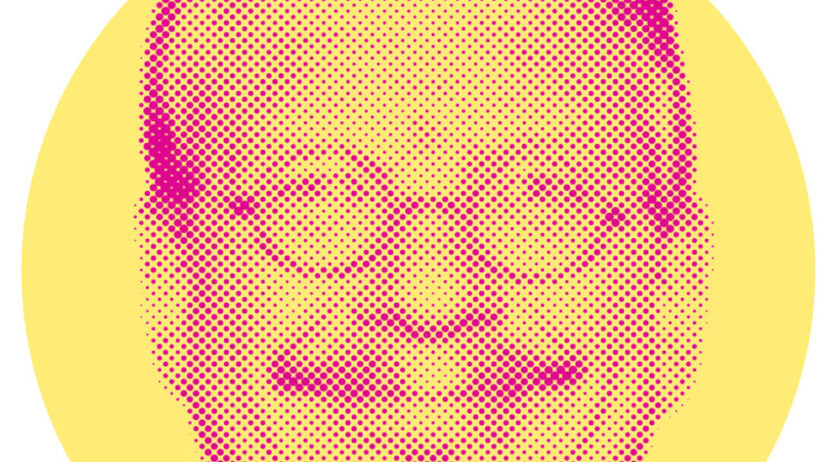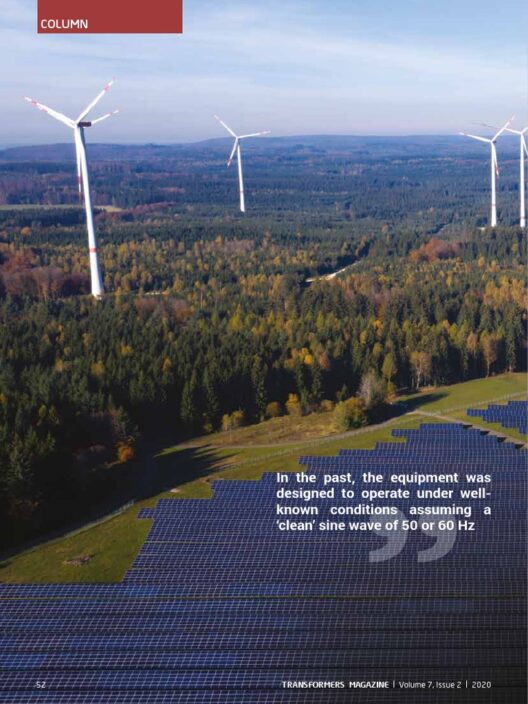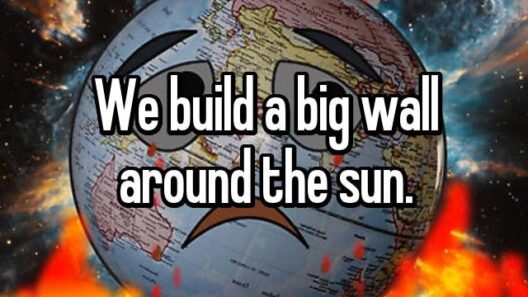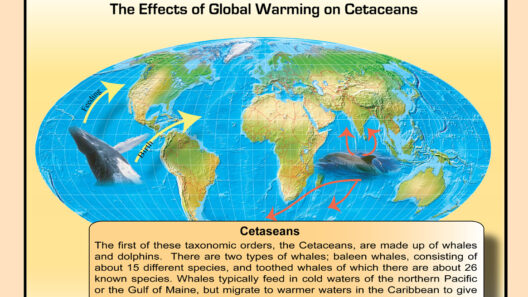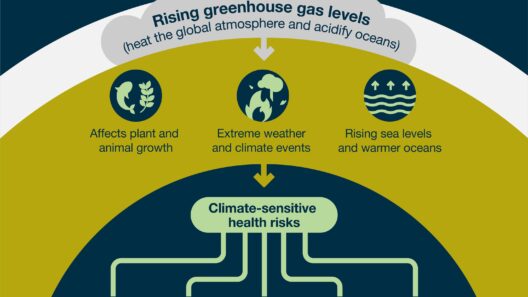Does Penn Jillette Believe in Global Warming? The Libertarian Illusionist Speaks Out
Penn Jillette, a prominent figure known for his life as a magician and entertainer, has long embodied the spirited clash of art, science, and rational inquiry. Often dubbed the “Loud Libertarian,” Jillette’s views on myriad subjects, including climate change, invite both fascination and scrutiny. As the world grapples with the accelerating effects of climate change, Jillette’s reflections on global warming exude complexities akin to the illusions he famously crafts on stage.
At its core, Penn Jillette’s stance on global warming reveals a twofold intrigue. One may liken his perspective to a double-edged sword—sharp, insightful, yet fraught with complications. On one hand, Jillette acknowledges the scientific consensus surrounding climate change. He is not dismissive of the data that indicates rising temperatures, melting ice caps, and the logarithmic growth of carbon emissions. However, the singular feature of his position lies within his libertarian ideologies, which espouse minimal government intervention and the belief in personal responsibility.
Jillette often employs metaphors reminiscent of his performance art to relay his perspectives on environmental issues. He likens the climate crisis to a grand illusion—an intricate trick played on our collective consciousness. Just as a magician deftly manipulates reality to provoke awe, the pressing realities of climate change challenge us to reconsider our established norms and behavior patterns. Could it be that acknowledging our role in this illusion is the key to dispelling its effects?
His libertarian principles lead him to advocate for individual rather than governmental solutions to climate change. This approach elicits a fundamental philosophical query: Can a reliance on free-market mechanisms effectively address a crisis that demands collective action? Jillette argues that innovation stemming from individual initiative could outpace bureaucratic regulation. Herein lies the paradox; while he underscored the urgent need for action, he simultaneously eschews traditional methods of intervention that may yield immediate results.
Jillette’s disbelief in drastic government regulation echoes a familiar refrain in libertarian dialogue. He posits that the best solutions arise from ingenuity—an entrepreneurial spirit capable of fostering sustainable technologies. He implies that the romantic vision of a solo inventor in a workshop, laboring to produce a carbon-neutral engine, is preferable to extensive policies that could stifle personal freedom and creativity. In this view, climate change becomes a canvas for imaginative problem-solving—a puzzle waiting for innovative solutions.
Yet, this perspective invites caution. The tragic flaw in this philosophy is the potential for complacency. While the adrenaline of individualism fuels innovation, the stark reality of climate change necessitates swift and comprehensive action. Jillette’s enthusiasm for innovation could, in theory, lead to remarkable developments; however, the pace at which innovation operates often falls short of what is necessary to combat an ever-pressing environmental crisis.
In recent discussions, Jillette has asserted that acknowledging the crisis does not necessitate succumbing to despair. He encourages dialogue among diverse factions, blending the zeal of environmental activists with the ethos of libertarians. This invitation serves as a vital call to arms—a recognition that climate change transcends political affiliations, demanding an inclusive approach involving everyone from scientists to innovators to concerned citizens.
While Jillette firmly places his faith in market-driven solutions, climate change presents a challenge that transcends commodity transactions and profit motives. It requires moral action, a collective movement akin to an ensemble performance, with each participant playing a vital role in harmonizing efforts against the impending threat of environmental degradation. It is this delicate interplay between personal autonomy and communal responsibility that renders the climate crisis an enigmatic yet essential puzzle to solve.
As the conversation unfolds, so does the reality of climate change. Jillette’s nuanced position serves as both a point of contention and a potential turning point for libertarians grappling with the climate crisis. His dual acknowledgment of the scientific community and the entrepreneurial spirit evokes questions about how reformative ideas can emerge from a society hinged on personal freedoms.
Moreover, the multifaceted nature of Jillette’s discourse on climate change illustrates an essential truth: climate activism does not rest solely within the confines of formal policy-making. Instead, it is deeply rooted in daily actions, personal choices, and the stories shared across platforms. Penn Jillette embodies a unique appeal—a figure engaging in a complex, multifarious dialogue that melds humor, intellect, and urgent reality.
In conclusion, Penn Jillette occupies a distinctive niche in the discussion of climate change, merging the realms of magic and advocacy, illusion and truth. His libertarian inclinations cast a shadow of ambivalence over his acceptance of the analytics of global warming. In navigating these waters, he epitomizes the daunting challenge of reconciling individual freedoms with the imperative need for collective action. As the curtain rises on this critical issue, the audience is left pondering whether we can indeed transform this climate illusion into a reality of resolute action—a performance that captivates and compels a chorus of voices toward meaningful change.



